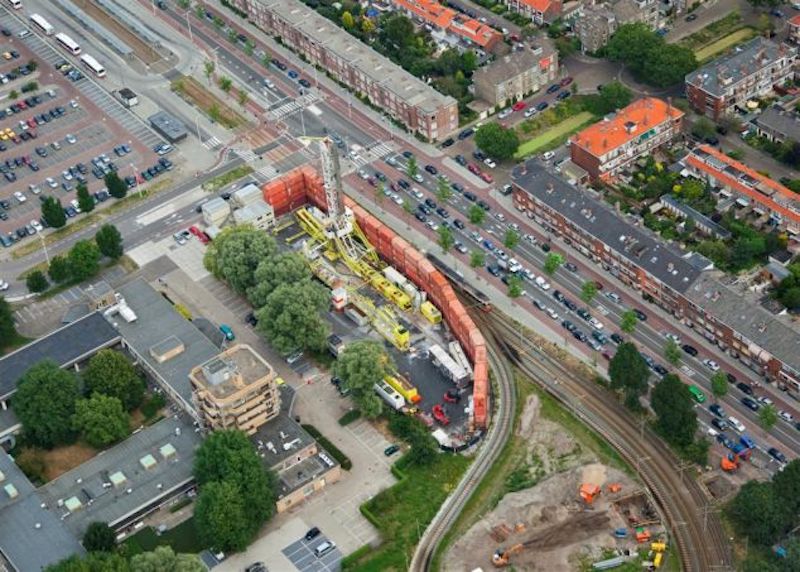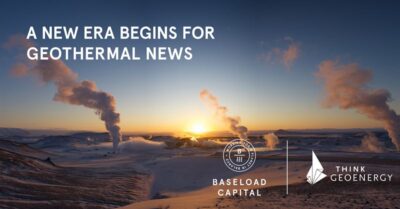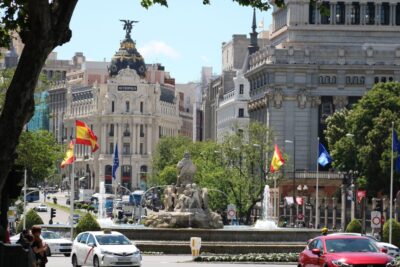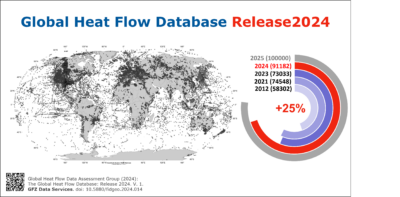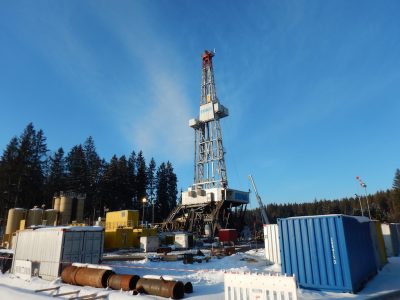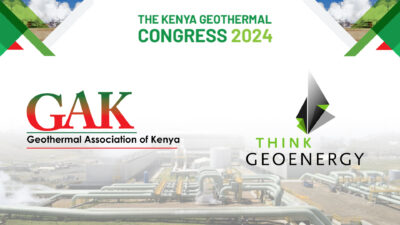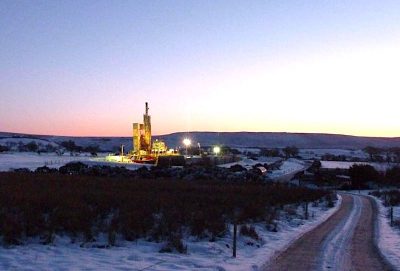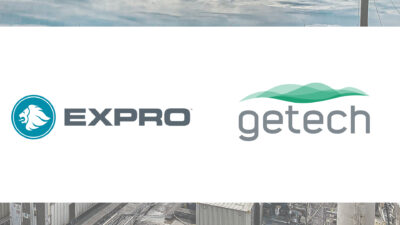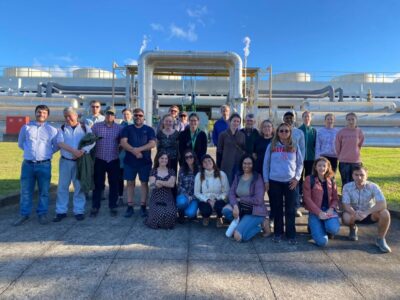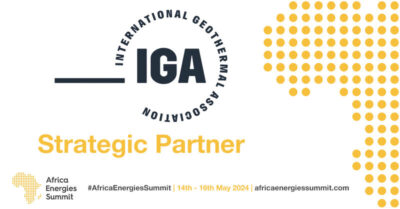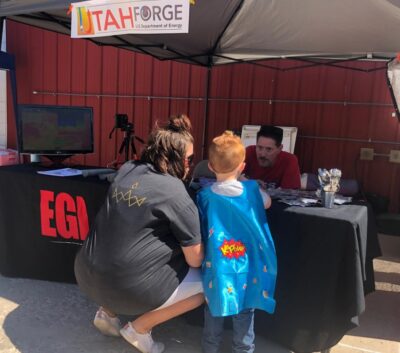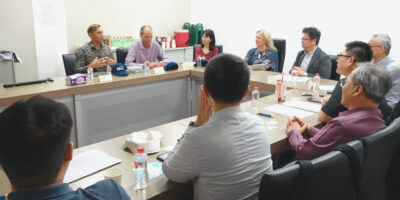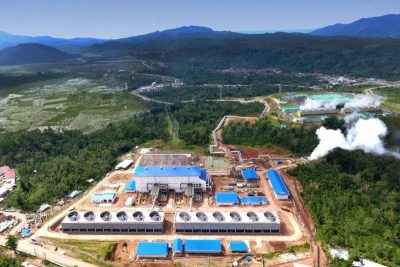GeoRisk project report – Existing insurance schemes for geothermal energy
A report by the European GEORISK research project, introduces and compares 21 different risk mitigation schemes, 11 funds taking on risk and 3 private funds, all covering exploration drilling campaigns.
The European GEORISK project funded by the EU’s Horizon2020 programme started in October 2018 with a duration of 30 months.
The coordinator has been the European Geothermal Energy Council (EGEC) with 15 partners in total representing countries with various level of maturity regarding their deep geothermal energy market. One of the main risks faced by developers of geothermal energy is the “resource risk”, linked with the uncertainties of the subsurface and geological objects.
Few countries (France, Germany, Iceland, The Netherlands and Switzerland) have developed risk mitigation funds in order to cover this type of risk. The GEORISK project will work to establish such risk insurance in Europe and in some key target third countries. The report presents one dedicated table summarizing the existing national and regional insurance systems dealing with the geothermal resource and technical risks in Europe and worldwide.
The result is to delineate their specific features and the relevant parameters that could be taken into account for the establishment of an insurance scheme dealing with the geothermal risk which is the objective of the Work Package 4 of the project. 21 major schemes have been inventoried 7 are terminated and sometimes proved not efficient, 12 are ongoing at world level and 3 have been proposed in Europe (EGRIF), for Africa (GeoFutures) and for EGS in France mainland devoted to EGS. Many existing scheme have been established at national level in the past in general managed by the geological surveys in Iceland, Japan, Indonesia, Turkey, USA, Philippines, European Commission there are not listed neither studied because they were focusing to acquire first geological knowledge.
Earlier this year the project published a “Report reviewing existing insurance schemes for geothermal” authored by Christian Boissavy of AFPG/ GEODEEP.
The report observed four levels of success across the 21 funds assessed.
- A first family is highly successful, with many developers applying, supported projects and geothermal plants completed. It includes mostly long-existing European schemes devoted to Heat Generation such as SAF Environnement, Swiss 1987, The Netherlands Scheme, the German National Scheme.
- A second family encompasses attractive funds, in the way they attracted many applicants and awarded many supports, yet all money has not been cashed out and the completion of plants actually connected to the grid is still expected. Such funds are GRMF and GDF. The latter benefitted from the learnings of the former.
Recently launched public funds such as Turkish RSM and Swiss 2018 look promising. 8 projects are already engaged in the application process for the Turkish RSM. Swiss 2018 has officially accepted their first project a few months after its launch.
- A third family gathers unsuccessful public funds either because of unattractive service (Swiss 2008, Pluto, IRENA ADFD), insufficient funding (ARGEO RMF, GEOFUND) or adverse local market conditions for geothermal energy due to competition with cheap wind and solar power (MiRig, Mexico)
- A fourth family gathers the unsuccessful private schemes, mostly because either the risk borne is to high or because of unattractive high premiums (Munich Re Private, Marsh A, ART)
- A fifth family gathers the projects to come, such a EGRIF, GEOFUTURES, GEODEEP SAS. EGRIF should be much inspired from the French SAF Environment. GEOFUTURES has a sophisticated approach intending at solving barriers both on developers and stakeholders’ sides, at the cost of a certain complexity. GEODEEP SAS is limited to EGS in France mainland.
Check out the full report that shares details on all the schemes in existence today and those that are planned.
Source: GEORISK
